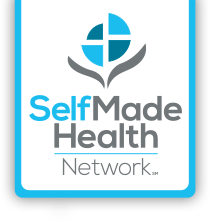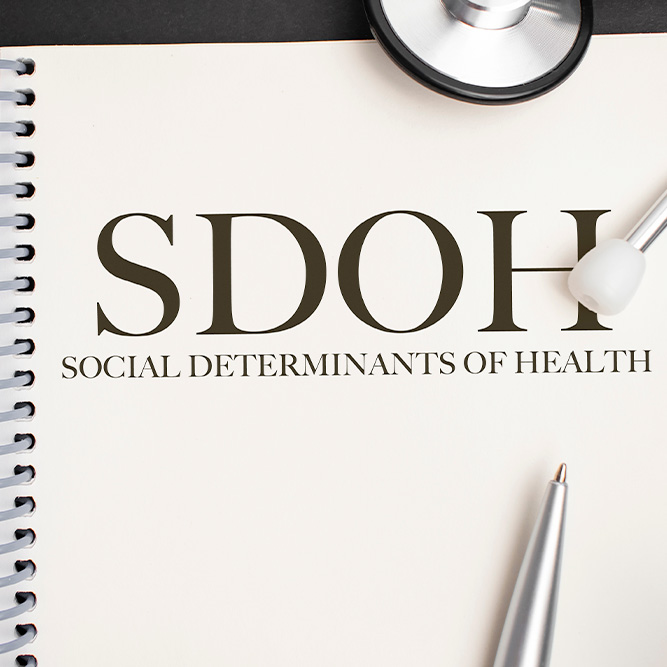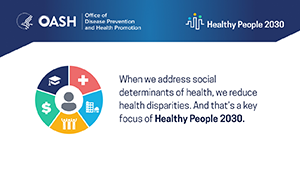
Additional Empower Resources
SelfMade Health Network is dedicated to facilitating change in our communities as well as on a national scale. Part of fulfilling this goal is to ensure that our community members have the right tools that allow them to positively impact the health of their neighbors. The tools below are geared towards empowering our members and mission-aligned practitioners working in their local regions.
American Lung Cancer Screening Initiative: Leaders for Lung Cancer Screening
Mayor Chris Bollwage (Elizabeth, New Jersey)
Hosted by the GW Cancer Institute, this e-learning series provides healthcare practitioners with self paced learning modules covering cancer survivorship needs and follow-up care.
Hosted by the National Colorectal Cancer Roundtable, the 80% by 2018 initiative provides tools and resources geared to help organizations work together to increase colorectal cancer screening to 80% by the year 2018. Numerous resources are available for healthcare, businesses (employers), community organizations, coalitions and families.
Hosted by County Health Rankings & Roadmaps, this interactive map helps users identify community health rankings and measures, as well as the ability to compare regions across the US.
Hosted by the NCI and the CDC, this interactive map provides cancer statistics by state.
The Rural Health Information hub, this resource shares resources to improve health for rural residents— including access to current and reliable tools to help you learn about rural health needs and work to address them.
The Economic Impact Analysis tool shows how a project’s spending on staff, supplies, equipment and other expenses benefits your community. Based on inputted information, this tool uses formulas to estimate economic impact of grant program investments on local economies. These calculations help rural program grantees assess performance, and advocate for resources that contribute to program sustainability and improved health care for rural populations.
United States Department of Agriculture (USDA) develop a resource guide to assist rural, frontier and other vulnerable communities seeking disaster resiliency and recovery assistance.
https://www.rd.usda.gov/sites/default/files/rd_disastertoolkit-final508.pdf
https://www.nap.edu/catalog/25682/leading-health-indicators-2030-advancing-health-equity-and-well-being
https://www.nap.edu/catalog/24624/communities-in-action-pathways-to-health-equity#toc
http://measuringaligning.org/

 Social Determinants of Health in Cancer Care (American Society of Clinical Oncology)
Social Determinants of Health in Cancer Care (American Society of Clinical Oncology)